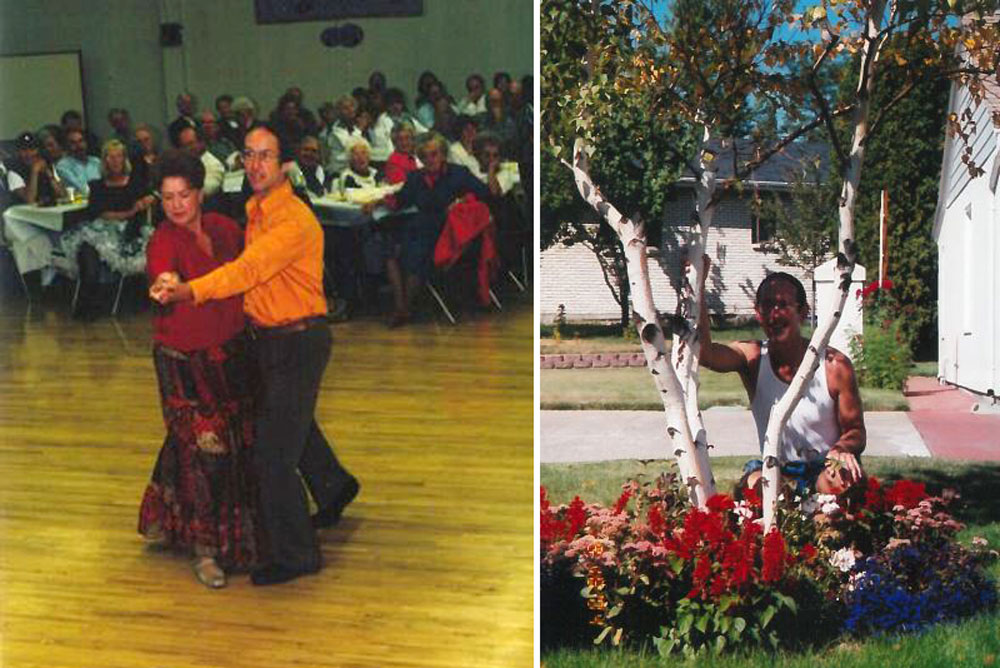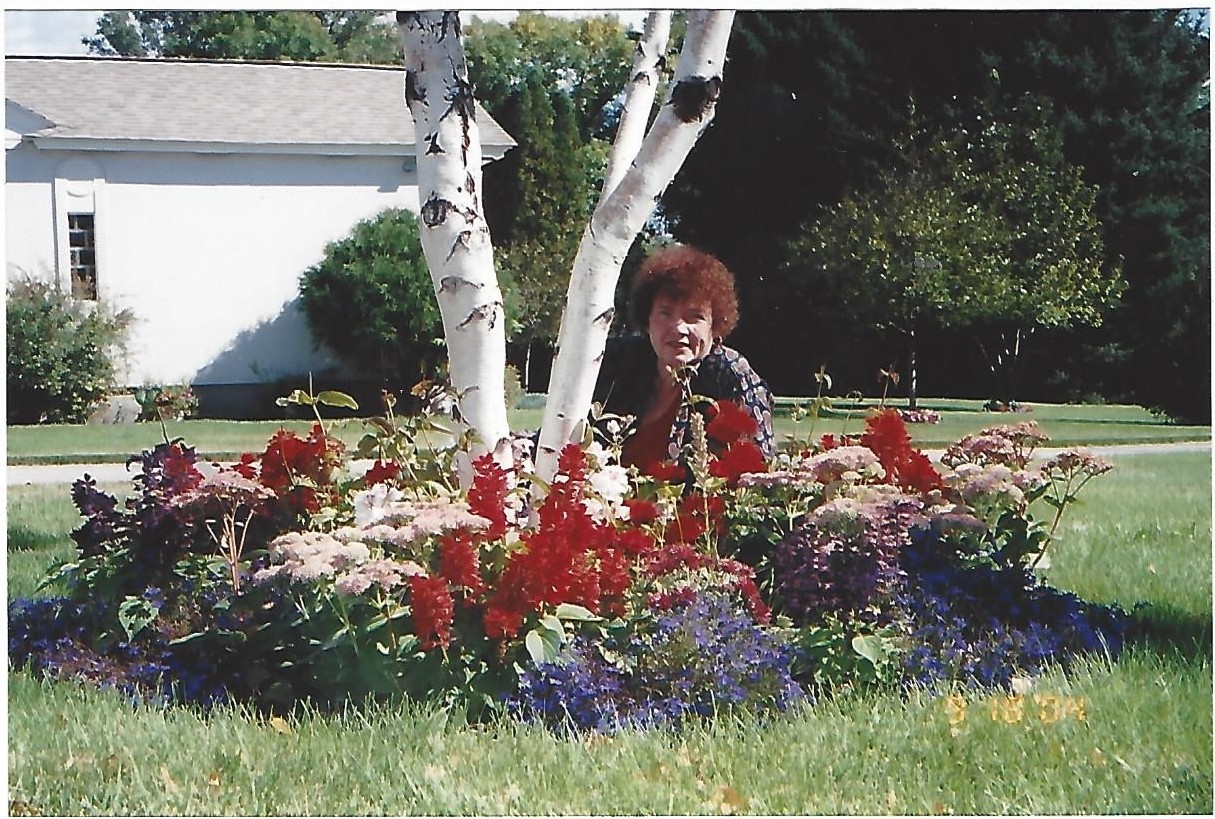Craig Pierson's life story
Craig was born in Carmel, CA in 1945 and relocated to Missoula after his father finished Active Duty. He was baptized in 1950 at the Episcopal Church, attended Paxson Elementary School, and was confirmed in 1958 at the Church. His piano teachers pushed him to give recitals in 1955 (Beethoven's German Dance #5), 1956 (Mozart's Rondo in D), and during High School, at Music Festivals 1959 (Bach Prelude in C), 1961(Scarlatti D minor Sonata), and 1962 (Villa-Lobos Alnitah") winning some Superior" ratings.
All of these recitals were performed in the UM Music Recital Hall. He attended the Higgins Avenue building of Missoula County High School for one year, and finished at the South Avenue building later called Sentinel H.S. The Science Club traveled to Idaho to visit the National Reactor Test Station in 1962. That summer he attended MT Boys State, sponsoring SB 9 to amend the State Constitution to have Governor and Lt. Governor run as a team. He also performed Chopin's Waltz in D minor at the talent show.
At the Senior Assembly he performed Bumble Boogie", was awarded "4 years Perfect Attendance", D.A.R. American History award, French Prix d' Honneur", membership in N.H.S. and graduated in the Class of 1963 "Honors-20" cohort, where no Valedictorian was designated. Senator Mansfield delivered the commencement address.
Craig attended University of Montana. He learned skiing in P.E., and received the U.S. Army Commission and B.S. Honors in Chemistry. After one year as a graduate-student at UM, Chemistry Professor Thomas (also on Snow Bowl's Ski Patrol) urged Craig to "go see how the other half lives" and apply to grad schools east of the Mississippi. At Penn State, he was awarded a full-tuition fellowship in 1968 by N.S.F. and studied under Professor N.C. Deno. The first semester was very stressful, and Craig was thrilled to have a chance to resume ice-skating (and learn ice-dancing), and go canoeing and kayaking on local rivers. One mandated course in quantum mechanics was dropped from the curriculum for Organic Chem majors after Craig struggled with it. At the end of the first year, Craig was awarded a summer internship at Esso Research, in N.J. at $850.00/month. The next winter (1970), he skied in Austria, winter 1970, and Spring break in Quebec with the PSU ski club. He received the Ph.D. in August 1973, while attending the American Numismatic Assoc. Boston convention.
After one year of "post-doc" work at PSU, Craig accepted a lab position in 1974 with Exxon's Billings, MT. Refinery. He returned to sell the family home in Missoula, and reside in Billings. After serving 24/7 at Exxon during an 80-day strike in 1980, he was later recognized by the refinery manager for halting Aviation gasoline sales over a product quality event.
Craig founded the Figure Skating Club of Billings and assisted the Billings Amateur Hockey League in its construction of a new facility “Centennial Arena". He traveled to many adult ice-dancing events nation-wide, kayaked the Stillwater River countless times, and took up Western dancing after a trip to Switzerland in 1989 for ice dancers. He took several ice-dance tests at Sun Valley that summer.
In August of 1989, Craig celebrated the Montana Centennial with the Cattle Drive Ball with a Western dance friend Lenora.
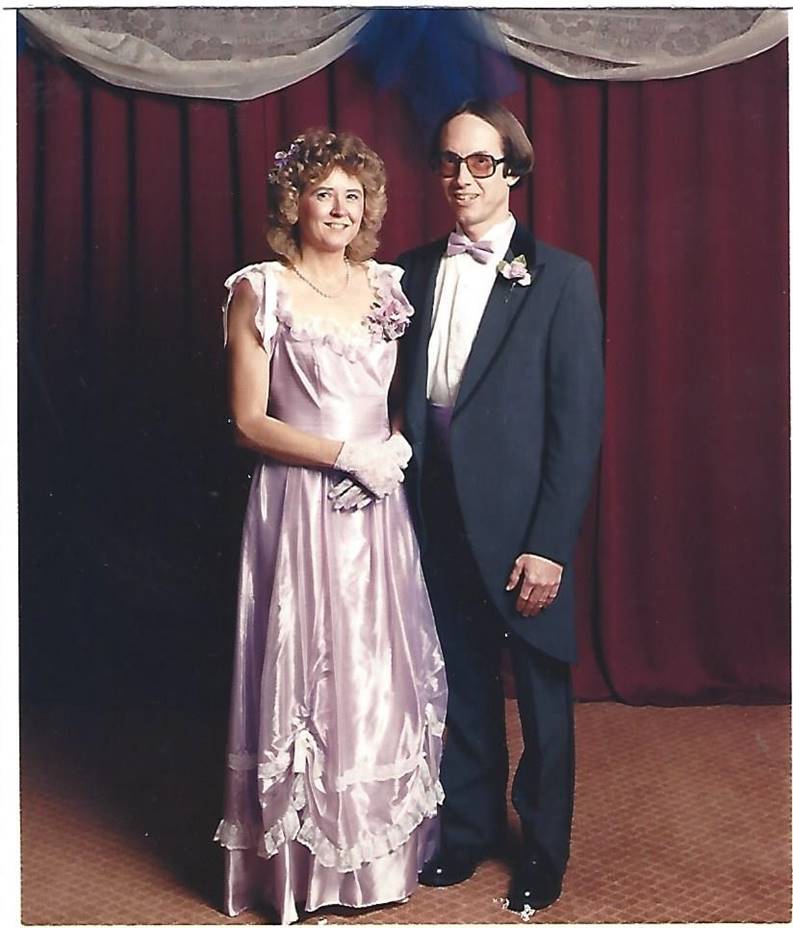
After leaving Exxon in 1992, Craig stayed busy square-dancing, skiing during the winters and summers in the Beartooth mountains, kayaking, and western dancing. He met Mary Ann Harner in the line-dancing/square-dancing community, and they married in September 1998. Their wedding dance, titled “Hollywood Carousel" was choreographed by Craig to "Pop Goes the Movies II". The dance received recognition in the Round-dance world. Craig and Mary Ann continued dancing and ringing handbells in events locally and around the country, including several Bayview invitational handbell festivals.
Craig earned an M.Ed. at MSU-Billings in 2001 and has taught Chemistry since then at Billings Central Catholic High School.
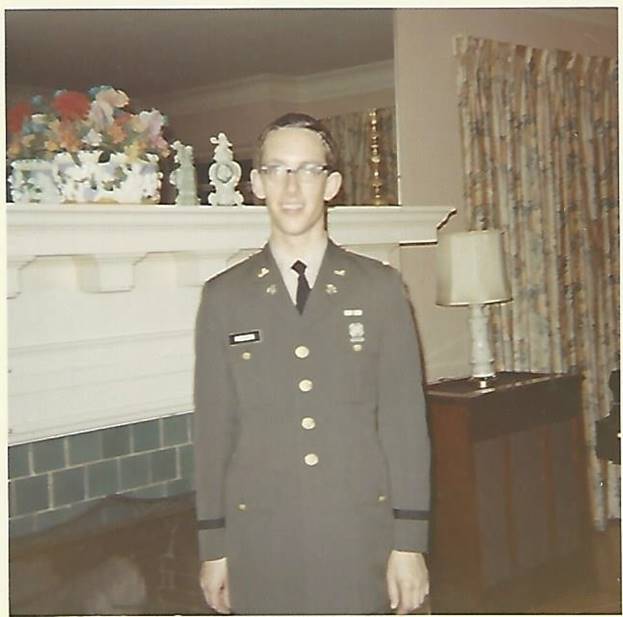
| 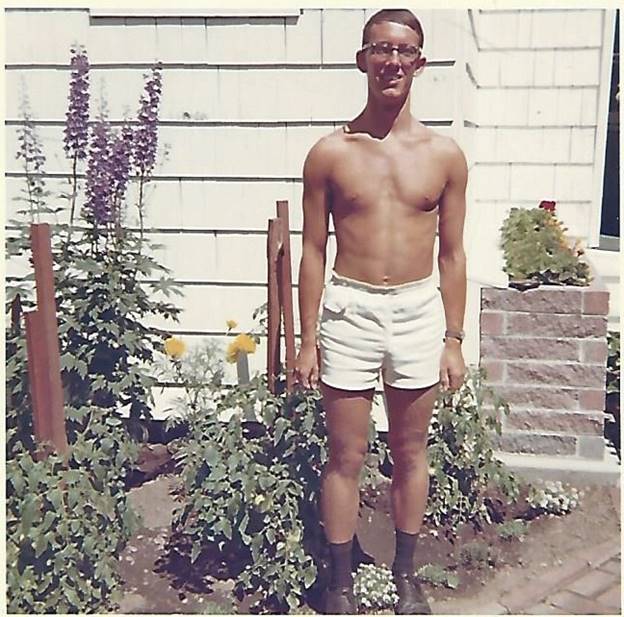 |
Paper for EDF 530@ MSU-B: Personal Development Biography dated 2000
One of my mother's frequent comments to friends about my early childhood was that "he didn't start talking until he was three years old, and has never stopped since". When my Dad would elaborate on that statement he told of taking me to numerous specialists including "shrinks"(my attorney-father's pejorative reference to psychiatrists); all of whom told my parents to not worry - "there is nothing wrong with that child - he'll speak when he's darned good and ready". Now, having learned in Kagan's and Driscoll's books that language is supposed to appear during the second year gives me a better understanding of my parents' paranoia. Maybe I wasn't "darned good and ready" but the biological model clearly wins in this case - no interventions (my mother read to both me and my: brother every day) could speed up my talking. "And he spoke in complete sentences when he finally did talk" does validate the efforts my parents took to provide a language-rich environment.
The earliest life event I remember was the Truman whistle-stop campaign visit to Missoula. Aunt Gladys met us at the depot and followed us home. It was strange to see Aunt Gladys all dressed up on a Saturday, and in our house (abnormal frame). Normally I saw her Sundays at church. When she saw my brother every Saturday afternoon he went out to her car at precisely 3:15 PM, to save her the effort of walking up to our house. Then she, who had never married, would entertain him around town. People later gave feedback that he acted like a brat, unlike his behavior around our parents (Gladys was a permissive model). She would return him after supper. My parents sent (not took) us to church, where Gladys and step grandmother Beatrice attended. Gladys would bring us home, until we were old enough to walk home.
My mother told me a family friend visiting the apartment during the war viewed my brother as a baby and commented "well, there's one for the next war". She told me this when I recalled her emotions one morning while getting me ready for first grade, saying "another war has started in Korea". Our father was still in the Army Reserve, and he had been involved in the Anny's Air Force late in the Pacific campaign. She had to be feeling anxiety that the war. Even though the war annihilated Europe and Japan it did not stop wars for even a decade. Her anxiety and fear were never set aside; the Cuban missile crisis occurred while we were in high school, and my brother and I were in the Anny during the Vietnam war.
The person, who I believe affected me most during my development, was Beatrice, my step grandmother. During elementary and early high school, I was allowed to visit her and my paternal grandfather every Saturday afternoon and evening. Bea had grown up in a large, poor family, and knew so much more about teaching children than did Gladys, who grew up in North Dakota and had been privileged to attend the Peabody Music Conservatory during college. (She earned spending money playing her violin, accompanying player piano demonstrations.) Bea would present cognitively challenging problems for me in a non-threatening way, as puzzles, and encourage me to solve them in any way. From laying out a cutting pattern on plywood for a model house, to helping her repair the garage roof or finishing a basement apartment, to learning the complexities of Chess; she was a profound influence in developing self- awareness, confidence, sorting/categorizing, spatial and logical reasoning - concrete operationality. I believe that I was fortunate to have excellent schoolteachers, but Bea was the best. I do not recall being challenged as often in school as at Beatrice's home. School work was mostly "drill and kill" exercises.
When I reached mid-teens, Bea loved to engage me in discussions about world issues, politics, morality, and Christianity during supper and over games of chess; encouraging formal thinking. If I wanted to discuss science, she would do so. While my mother tried hard to help my brother with algebra, she had little need to help me with school. Mom later told me Bea was a Phi Beta Kappa, when explaining why she would often take an unexpected political "side" in a discussion at family gatherings. Bea did it just to add perspective, for example if the Democrats were winning an argument, she would argue as a Republican. When she first argued contrary to her known beliefs, I felt real cognitive dissonance!
I do not remember much about Bea's younger life. She worked in the U of MT bindery while I knew her. I believe, in retrospect, that Bea confronted my parents' anti-Semitism not directly, but through our conversations. On the way to school, the Fiedler family home's wood fence had a giant bare foot painted on it. I had commented about it at home (all the other yards were so tidy) and I recall my Mom dismissing it as that "kooky Jewish professor at the U - what do you expect?" I also recall in later years confronting my parents about the Fiedlers, over the moral concern that they should have the same rights and respect we were expected to grant others. Eric was a classmate, and I didn't see any reason to dump on his family. Just as I connected with Fiedlers as people, I support Special Ed inclusion for the same reason, realizing that fear and prejudice are best dispelled by social proximity. I also recall challenging my parents' concern about Catholics taking over the Presidency, because I had a best-friend Paul who was Catholic.
My father considered himself a working man's attorney - he enjoyed suing insurance companies, workman's comp, the Forest Service (Mann Gulch fire near Helena), the Anaconda Company (wire mill fraud during WW II) and he defeated most of them soundly in jury trials. Away from the courtroom, he had little interest in politics. However, Mom developed a strong interest in conservative Democratic politics, and systematically planned a take-over of the Missoula County, and later State organization, to get rid of the "liberals". My Dad encouraged her at first, but by the time she and Mr. Lemire took control of the State organization, Dad was criticizing her passion. I remember feeling so proud of her when she stood before the State Convention in the Fox Theater (ABT) in Billings and thanked them for electing her Treasurer. She announced that she had only one policy: Lemire and she would be the only persons authorized to draw on the Democratic Party accounts. (The historical contingency was, at that time, the party was broke; Stevenson had lost his bid against Ike; her analysis of the books convinced her that the party's fundraising was sufficient, but too many dinners at the Montana Club, etc. were draining the treasury. By 1960, the Party was well-heeled financially for the Kennedy campaign.) For me, witnessing her endless hours soliciting candidates for precinct committee-person jobs in her systematic take-over in Missoula County profoundly modeled for me how one might pursue a heart-felt goal, despite a spouse's ridicule. Thus, I accept Bruner's assertions that the social context is as much a part of development as is innate biology. At a campaign rally in Billings, State Chair Lemire told Ted Kennedy some of his laments about fundraising. Kennedy responded in effect 'I don't give a damn about your money problems. My only purpose here is in helping Jack get elected President'. When Mom reported that back home to us in Missoula, we knew she was finished with politics, and she said after the election "I held my nose and voted against Tricky Dick".
During grade school, I identified more readily with adults (teachers) than classmates, probably due to the strong connection and model with Beatrice. I had a few close buddies, but was often among the last on "choose up sides" situations. I was terrible at baseball, and didn't care for most of what was called P.E. but wished the high school had a pool, because I envisioned myself being good at swimming. I had mixed feelings of admiration and resentment for the popular troublemaker Mark, and for the popular and attractive girls Libby and Carol. In high school, Mark was leader of "the Crew", the clique of choice. Janet was one of them, but she flirted with me in Study Hall, possibly because we were both into music performance.
Carol, who was Prom Queen, suffered an experience that affected me in realizing how much I admired her. I felt sorry for her when she went on stage just ahead of me at a solo piano recital, and "lost it" to the point of tears. I could hardly accept her failing anything. Then I had to go out there... and performed my Scarlatti Sonatas flawlessly. If this is Vygotsky's mediation, my piano teacher's insistence that I be able to play it backward measure by measure gave me the confidence to rise above the emotion and do what I had prepared. I do not recall any other experience taking as much courage as going out there after Carol "lost it"; not even walking into the conference room for my thesis defense at Penn State. I also had the thrill of shocking teachers and students alike during the Senior Assembly, walking out on stage in top hat and tails, and performing "Bumble Boogie" on the piano. Suddenly the popularity glow engulfed me, too.
During my freshman year at Hellgate High my brother "dragged" me to an evangelist's presentation (tirade) in the school auditorium where he was "saved" and went up front to pledge his life for Christ. We then were to meet with the evangelist's staff in a classroom. I recall feeling real dissonance sitting in Mr. Seibel's algebra classroom hearing this "born again" malarkey in the exact setting where I was learning to think, formally, Monday thru Friday! This same brother pressured Mom to tell me the "facts of life". When she did I was truly impressed with her knowledge and understanding of the biology. Formerly I had believed that Bea was the family sage. In a strange way, my brother's actions profoundly affected my lifestyle choice - not on religion, but on raising a family. He lost his passion for the "Christers" in another year, and started hanging out with Young Americans for Freedom (in our family's context: "Republicans and John Birchers") and ROTC buddies. Watching my mother agonize over what might happen with my brother's drinking bouts, and almost being relieved that he vomited, but arrived home in one piece, I decided there was no way I could endure that as a parent. So I was around age 50 before my first and present wife tracked me down and we became married.
At U of MT, I refused to pledge a frat, sensing their lifestyle was not mine, and soon developed friendships with my affinity group, ROTC. Then, after trying bowling and golf (Dad said you ought to learn golf so you can get ahead in the business world), I rushed into skiing with a passion. I had no interest in dating because I had decided I did not want a family.
At Penn State, I felt real competition for the first time (I handled cheaters using frat test files at U of M by besting them eventually, reinforcing my personal constructs of self: honesty and hard work), and realized that I needed some release for my psychological health. Ice dancing and canoeing / kayaking provided new friends in the skating and Outing Club. I graduated into the Oil Crisis of 1973 which meant a poor job market. Within two years, both parents died, and I returned to Missoula, applied to Exxon Refinery in Billings, and took a job at Country Kitchen. On Friday 13, June 1974, I opened a letter of acceptance from Exxon.
My immediate co-workers at Exxon became friends, but those who made decisions about my career were physically and business-wise remote. During these years I also had neighborhood friends (mostly the kids who knew me as a playmate), and kayaking, skating and square/ western dancing friends. I scored several major accomplishments at the refinery, but just did not have the visibility and chutzpah to really impress management. Several times I felt I was going to be fired for standing up for my beliefs; in one case unilaterally shutting down Aviation gasoline shipments over a quality problem. After several months of agony, we solved the Avgas problem, and the manager personally commended me (I wish I had that in writing). The only time I ever contemplated violence was in a dream, while camping, that I was killing, with my tent peg hammer, a supervisor who had been immensely unfair to me, not backing me up for an incident at Exxon where I had followed his orders. Seeing my career going nowhere beyond the Product Quality Lab got me thinking about looking for opportunities while traveling on business and ice dancing weekend trips. I got "downsized" and had to endure the usual feelings of rejection. Fortunately, I had a network of friends and activities around Billings, and plenty of home projects to finish.
About the time I met MaryAnn through square dancing, I developed a curiosity about substitute teaching, after hearing a young fellow from California belittle the job as an easy $50.00 for babysitting. I became angry that we taxpayers were paying someone with that attitude to be in our classrooms, and decided to try it myself, believing I could do better. My schema for the classroom was not positive, but a class with Nite Owls on subbing gave me confidence to try it. Over four years I soon discovered I enjoyed it, especially whenever I was allowed to teach, and not just show a video. One day, driving home from Castle Rock, I looked at Exxon across the river from Main Street, thinking "I made a lot of money there, but it was just 'another day, another dollar'. Today I had fun, and they paid me for it!" Feedback from students, teachers and administrators strongly influenced me to pursue teaching as a second career. MaryAnn, my wife, is strongly supportive, and we expect the next decade will be very interesting and rewarding.
REMEMBERING 20 YEARS---WHAT'S HAPPENED?
An essay by Craig Pierson for Missoula County H.S. 1983 Reunion
A recent report criticized the quality of public education in the U.S. in 1983. While we were 8th graders, Sputnik's launching jolted Americans into realizing someone else might bypass us in technology. Then came the push for math and science as our bewildered parents tried to help us with our "new math " homework. Today we worry that our "computer-literate" kids cannot figure change as store clerks unless the register does it for them. In our college days we carried leather-cased slide rules--now colleges mandate personal computers and students speak not of Flower Children but about Applesoft and Lotus 1-2-3.
Senator Mansfield challenged our graduating class to enter the world community while we reflected on President Kennedy's having avoided nuclear war over the Berlin and Cuban Missiles crises. We registered for the draft and some families built fallout shelters for that "winnable" nuclear war.
Recall the summer of our graduation when a nuclear test-ban treaty was signed and interest, inflation and unemployment were all below 5%. During August of '63 a quarter million freedom marchers gathered in Washington to share Dr. Martin Luther King's dreams as he preached brotherhood for Americans of all colors and concluded "Thank God Almighty we are free at last". Some of us took our first jobs, some married, some joined the armed services, some went to colleges, and our A.F.S. friends went home.
By Christmas of '63 we wondered what had become of Peace and Good-will after the murder of President Kennedy and also Ngo Dinh Diem in Vietnam. In the next year the urban ghettos erupted, and Congress passed the Gulf of Tonkin resolution as readily as they approved sending our Marines to Lebanon in 1983.
A few years later Senator Kennedy and Rev. Martin Luther King were yanked from their promising futures
and our national conscience further torn apart.
We slid deeper into Vietnam and lost classmates to that shadowy hell of Agent Orange, Pacification, Montagnards, Viet-Cong and NVA on the Ho-Chi-Minh Trail. Will we stand by today and slip deeper into Lebanon trying to knit together Druse, Shiite and Sunni Muslims, Phalangists, Palestinians, Syrians and Israelis into peace which has eluded them since Christ's time?
While spending those beautiful silver half dollars we were reminded of President Kennedy as our nation pursued his goal of placing an American on the moon before the end of the decade. Anti-war protests.
moved from collegiate yellow brick roads to the streets of Chicago in 1972. Some of us changed jobs, our families grew up, some divorced, some went to professional schools, and some of our names would be carved into black granite panels of the Vietnam Memorial in Washington.
The Yom Kippur wars, Chappaquiddick, and Watergate were history by our 10th Class Reunion.
Shortly thereafter, a Saturday Night Massacre was followed by the resignation and pardoning of a President
who had won a landslide vote. Energy became a daily concern as oil prices soared and gas lines grew following the Arab Oil Embargo. We parked the Chrysler and Winnebago and bought Bugs and bicycles. We built solar systems and installed woodstoves. While wood smoke soiled Missoula's air, Anaconda's cleared as The Anaconda Company and its mining and smelting jobs slipped away.
We have fought wars abroad, endured economic dislocations at home, and tied yellow ribbons for the hostages. We have worked and earned personal, family, community and professional recognition. We formed businesses, paid taxes, voted and volunteered in countless good works. We travel worldwide, and explore our Montana wilds by hiking, horseback, skis or canoe. World events sweep our lives but the world came home to Missoula when Kris Ronkanen, our A.F.S. friend from Finland, returned for our 20th Reunion. Much has happened in these two decades but surprisingly, little has changed.
The economy, stock markets and politics will continue to cycle. The Winds of War blow hot and cold as
we all pray that the "Day After" never is visited upon us. We have honored Martin Luther King with a national holiday and might have a Black Vice-President next year, or a woman. Will we live to see Native Americans gain the full rights and responsibilities of citizenship as have women and Blacks achieved since we graduated?
Let us be thankful that we were so fortunate to be born Citizens of The United States of America and are free to become, God willing, whatever our health and initiative permit.
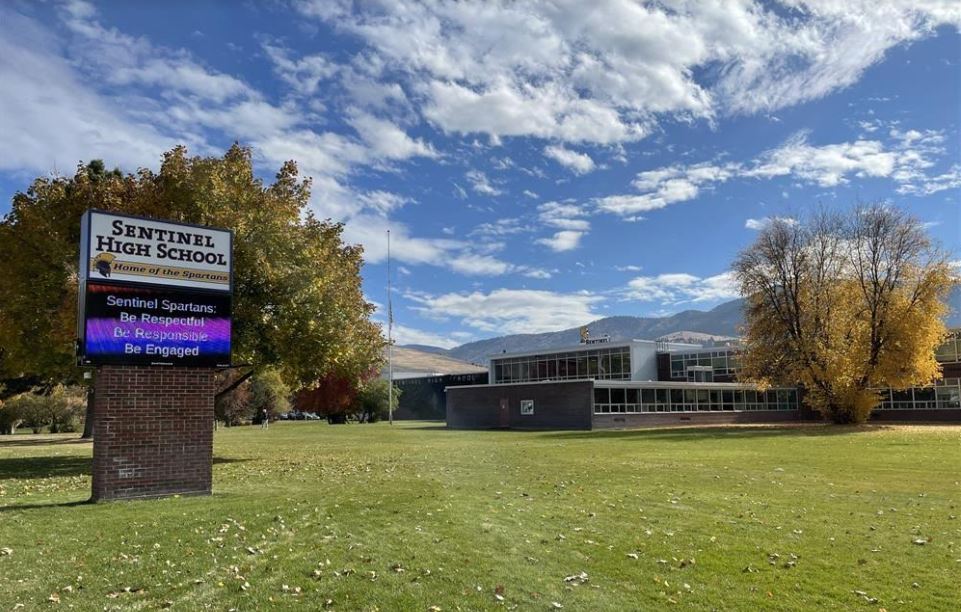
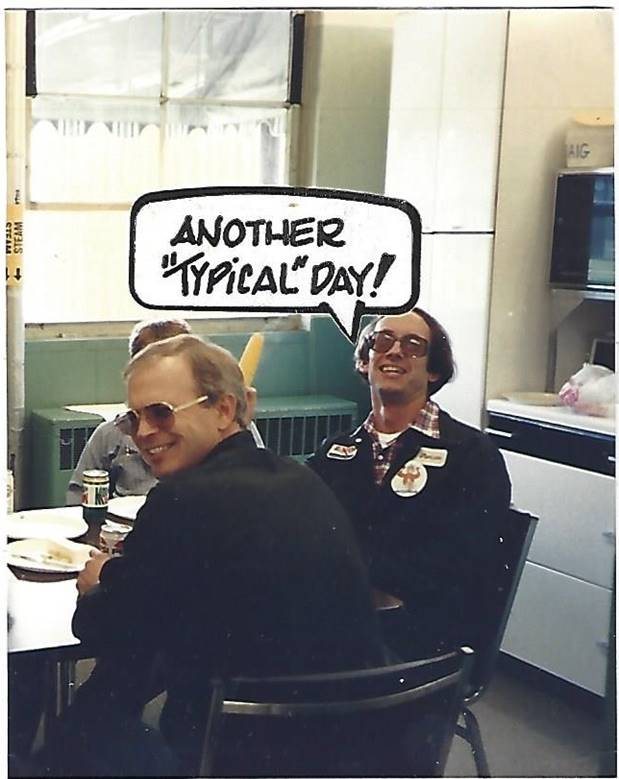
| 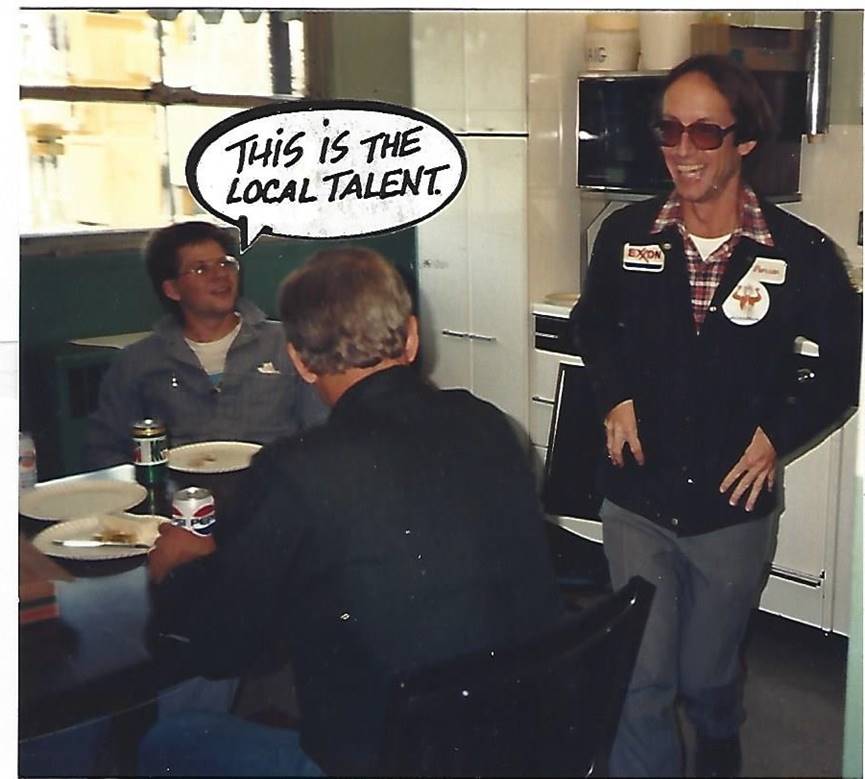 |
